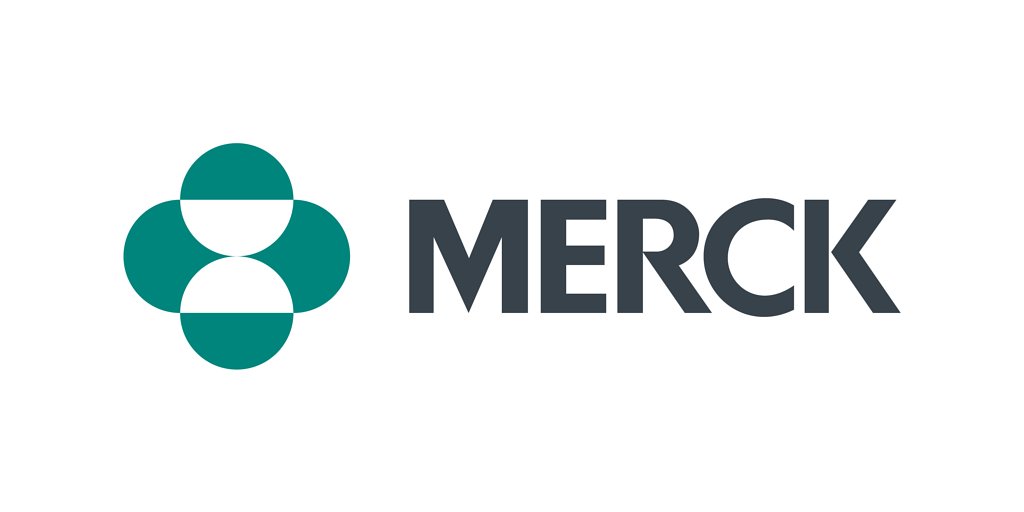
Merck's Two-Drug HIV Regimen Advances, Challenging Treatment Standards
Positive Phase 3 data for Merck's DOR/ISL offers a simplified HIV treatment option, but past safety concerns and a competitive landscape demand careful scrutiny as it nears FDA review.
Merck's Two-Drug HIV Regimen Advances, Challenging Treatment Standards
NEW YORK, NY – November 19, 2025
A Simpler Path for HIV Treatment?
Merck & Co. announced positive topline results from its Phase 3 trial evaluating DOR/ISL (doravirine/islatravir), a once-daily, oral, two-drug regimen for HIV-1 treatment in treatment-naïve adults. The data, unveiled today, demonstrate non-inferiority to the current standard of care, Biktarvy (bictegravir/emtricitabine/tenofovir alafenamide). This achievement signals a potential shift in HIV treatment paradigms, moving toward simplified regimens and increased patient convenience. The company has also secured FDA acceptance of the New Drug Application (NDA) for DOR/ISL, specifically for use as a switch therapy, with a target action date of April 28, 2026.
“The current HIV treatment landscape, while effective, often relies on complex, multi-drug regimens,” explains one industry analyst. “A two-drug option, if proven safe and effective long-term, could significantly improve adherence and quality of life for patients.” The appeal of simplification extends beyond patient convenience; reduced pill burden can also minimize potential side effects and improve overall treatment tolerance.
Navigating a Competitive Landscape
The HIV pharmaceutical market is dominated by a few key players, including Gilead Sciences and ViiV Healthcare, each vying for market share with innovative therapies. Gilead’s Biktarvy currently holds a dominant position, largely due to its proven efficacy and convenience. ViiV Healthcare, specializing in HIV treatment, is focused on long-acting injectable therapies, offering alternatives to daily oral regimens. Merck’s foray into the two-drug space is a direct challenge to these established players.
“Merck is strategically positioning DOR/ISL as a differentiated option,” says a pharmaceutical market research expert. “By offering a simplified regimen with a comparable efficacy profile, they aim to capture a significant portion of the switch therapy market and potentially attract new patients.” However, breaking into a market dominated by Biktarvy will require a robust commercialization strategy and strong clinical data demonstrating long-term benefits. Competition is also heating up beyond established players, with Gilead and others actively developing next-generation therapies, including long-acting injectables and novel combinations.
Addressing Past Concerns and Ensuring Patient Safety
While the recent Phase 3 results are encouraging, the development of islatravir, a key component of DOR/ISL, has been marked by previous safety concerns. In 2021, the FDA placed clinical holds on several islatravir studies due to observed decreases in lymphocyte and CD4+ T-cell counts in some participants. These concerns prompted Merck to temporarily halt dosing and re-evaluate the safety profile of the drug.
“The initial safety concerns surrounding islatravir were a significant hurdle for Merck,” one clinical trial expert notes. “The company responded by lowering the dose of islatravir and implementing rigorous monitoring protocols to address the observed side effects.” The current Phase 3 program utilizes a lower dose of islatravir (0.25mg), and the positive topline results suggest that this adjustment, coupled with ongoing safety monitoring, has mitigated the previous concerns. However, long-term surveillance will be critical to confirm the sustained safety and efficacy of the regimen, and ongoing monitoring is crucial to ensuring patient wellbeing.
Beyond Efficacy: Patient Adherence and Quality of Life
The potential benefits of DOR/ISL extend beyond efficacy and safety. Simplified regimens are often associated with improved patient adherence, a critical factor in the long-term success of HIV treatment. Reducing the pill burden and complexity of treatment can make it easier for patients to adhere to their medication schedules, leading to better viral suppression and improved health outcomes.
While robust data on patient-reported outcomes (PROs) specifically for DOR/ISL are still emerging, experts anticipate that the two-drug regimen will offer benefits in terms of quality of life. “Patients often report feeling overwhelmed by the complexity of their medication regimens,” says an HIV patient advocate. “A simpler regimen can reduce stress, improve treatment satisfaction, and empower patients to take control of their health.” Merck presented analyses at the European AIDS Conference demonstrating minimal impact on weight and metabolic parameters compared to Biktarvy, further supporting the potential for improved long-term health and quality of life.
